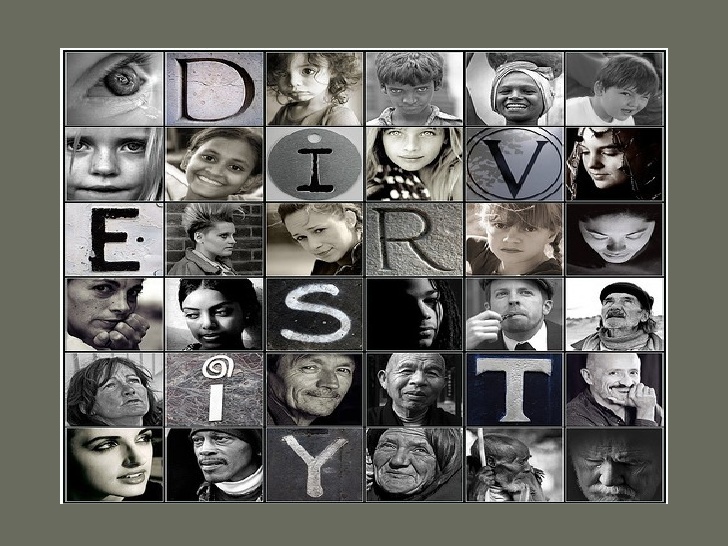Carlos: Joe, from the first time we had lunch together, I’ve been struck by one thing: like me, you really believe that you can make the world a better place. Am I right?
Joe: I plead guilty to that one.
Carlos: Maybe that’s one reason we hit it off so well from the beginning. But it’s one thing to believe we can make a difference and another thing to actually make a difference.
Joe: Agreed.
Carlos: Could you share the personal vision that has shaped your difference-making research agenda?
Joe: I’ve always appreciated Winston Churchill’s statement that “Democracy is the worst form of government, except for all the others.” Democracy is our best option. Democratic participation doesn’t always get us where we want to be, but I’d put my faith in all of us more than I would in authoritarians or a king or military leaders. .
Carlos: How does that vision influence you as a professor of social studies education?
Joe: One of my priorities is preparing young people to recognize and address the strengths and shortcomings of our democratic institutions. Also to become effective in pursuing their priorities.
Carlos: You mention their priorities, not yours.
Joe: Right. I’m not trying to teach young people to think like me about specific controversial issues. My goal is to provide opportunities for them to learn about and discuss important societal issues – especially ones they care about – so they can develop informed opinions and, when motivated, work to bring about change.
Carlos: How does the idea of diversity intersect with your main concern of strengthening our democracy and civic culture?
Joe: We need to promote a diverse democracy. Our civic culture can’t be strong and democracy in our multicultural nation can’t be strong without true inclusivity. Our classrooms should be places where people from different communities, with different experiences, histories, identities, interests, and partisan leanings can discuss difficult issues and learn together.
Carlos: That’s a real challenge.
Joe: It certainly is. It’s inevitable that participants in a democracy will disagree about lots of stuff. However, all perspectives should be considered, and the dignity and humanity of each member of the classroom community must be respected. Unfortunately, we’re finding that increasing partisan divisions and decreasing respect for diversity is making it more difficult for schools to promote this kind of inclusivity.
Carlos: Could you tell us about your research in that area?
Joe: My UCLA collaborator John Rogers and I conducted national surveys of high school principals in 2018 and 2022. We found things had gotten worse in four years. Parents and community members are criticizing principals by spreading false claims. Conflict within classrooms has increased markedly. Even worse, despite these increasing challenges, schools are doing less to address them. For example, high schools in purple communities (those with comparable numbers of Democrats and Republicans) reported more demeaning and hateful remarks between liberal and conservative students during classroom discussions.
Carlos: Sounds like we need to focus more on helping students learn to discuss potentially divisive issues.
Joe: Right, but that’s not what’s happening. In fact, in schools in purple communities there has actually been a decrease in professional development to help educators conduct productive student discussions of controversial issues. 54 percent of those schools had such training in 2018, but by 2022 it had dropped to 33 percent. While need was increasing, support for teachers was decreasing.
Carlos: What about racial and ethnic diversity?
Joe: Same trend. In conservative communities we found that professional development about ethnic history and literature was cut in half. This undermines the ability of educators to prepare students for a diverse, inclusive democracy.
Carlos: In what ways does speech intersect with all of this?
Joe: I’ll answer that question in two ways. First, if we are going to build a better world, people need to learn to disagree in a productive way. That’s how we learn. But as you and I have discussed and written about, this doesn’t mean that all speech is good. Anything-goes speech can harm, harass, and silence. But there are costs to policing speech.
Carlos: So how do you address this conundrum?
Joe: By fostering student aspirations. Help students develop an aspirational vision of how they want to talk to those with whom they disagree. That’s why we need to provide opportunities to reflect on and practice those skills.
Carlos: And you said you wanted to make a second point about speech?
Joe: Right. Students need to learn to use their voice effectively to make a difference. Here’s a story one principal shared. As part of his emphasis on developing student leaders, he arranged for students to present at a school board meeting. But before the students even began, angry adults confronted them, complaining about the school teaching Critical Race Theory and heckling the students for wearing masks. The one student representative on the school board took the microphone and said, “We’re all wearing masks because we’ve all lost family members. This isn’t about you. This is about us. This is our night to present. This is about our school, about our program. So [you] need to be quiet.” It worked. Back at school she told her classmates, “If we don’t speak up, others will for us.” I think that sums it up.
Carlos: It sure does. Thanks for sharing your insights.

